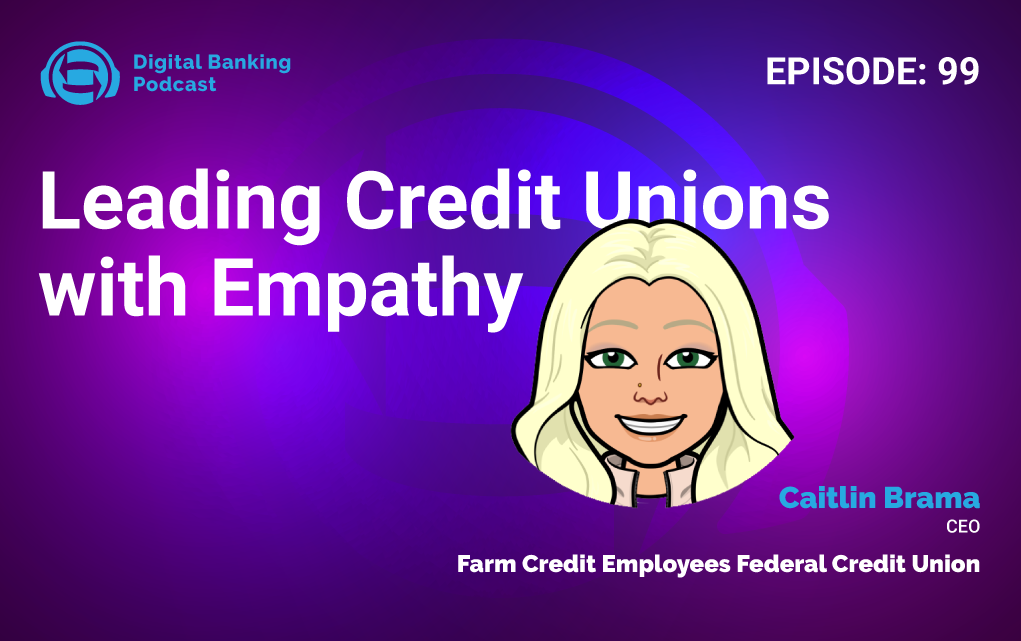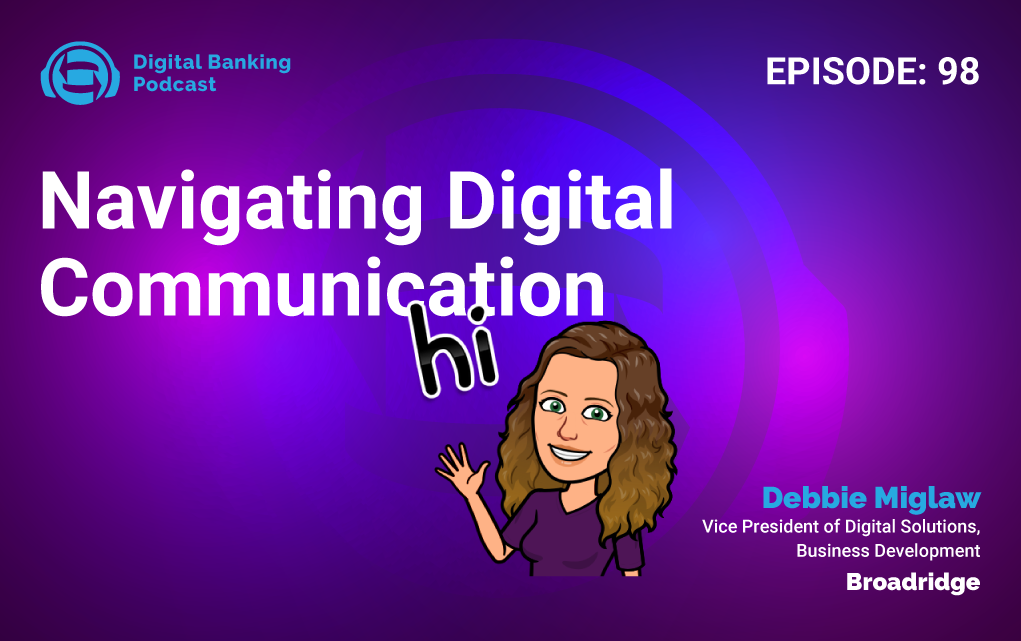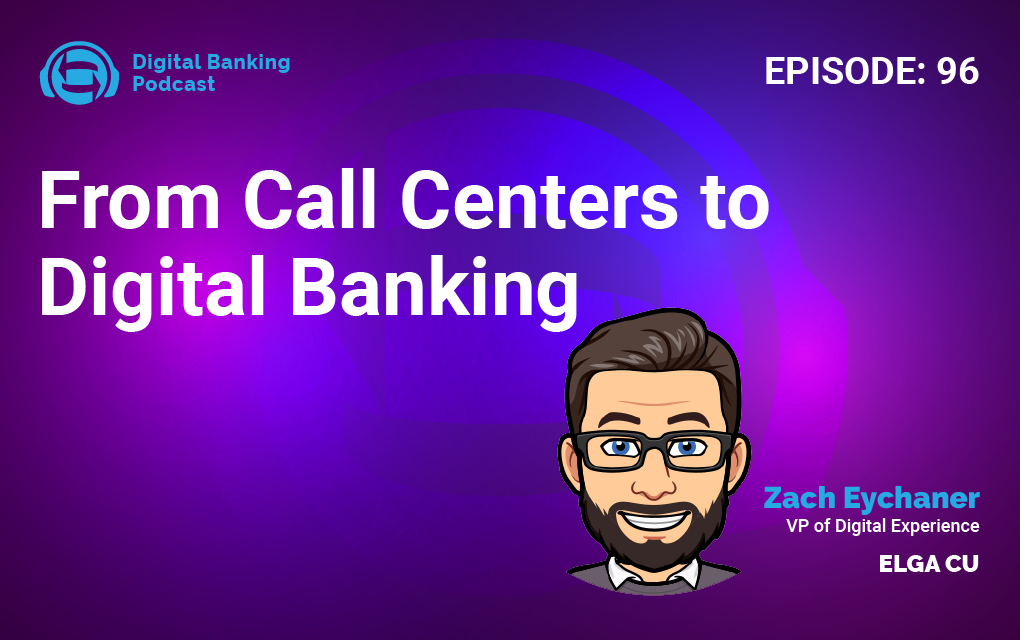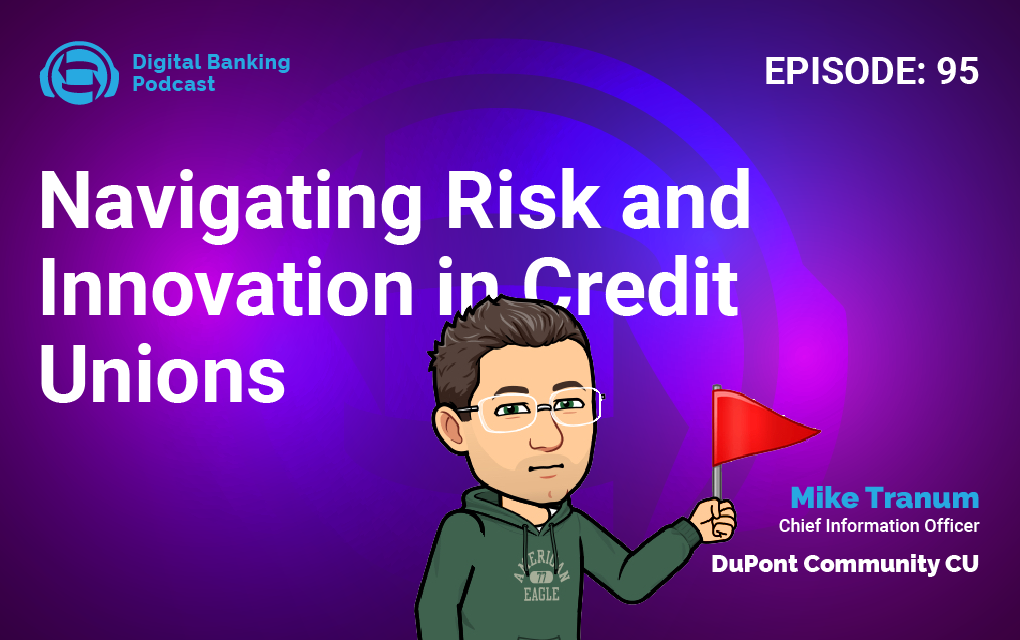Getting Financial Education Right for Your Accountholders, With Sid Ratkiewicz of the Center for Advanced Hindsight at Duke University and Matt Iverson-Comelo of Moneymap
LISTEN NOW
“If I offer you a choice between $5 today and $100 in a year, you’re really unlikely to want to take that bigger later reward. And we find that this is even more true when you get to populations that are disadvantaged in some way or have some reason to not necessarily trust in a stable future.”
EPISODE:
70
with guest:

Sid Ratkiewicz
Behavioral Researcher

Matt Iverson-Comelo
CEO and Founder
Episode Summary
It seems so simple. Follow a budget. Don’t run up your credit cards. Keep an eye on your credit score. Most importantly, consider the long-term consequences of every financial decision. It’s a recipe for financial success. And yet, most Americans struggle with their finances.
In this episode of The Digital Banking Podcast, host Josh DeTar welcomed Sid Ratkiewicz, a behavioral researcher at the Center for Advanced Hindsight at Duke University, and Matt Iverson-Comelo, CEO and Founder of Moneymap. The three of them discussed the importance of financial education and literacy, the consequences of the lack of financial knowledge, and how community financial institutions can be most helpful.
Key Insights
⚡ There is a lack of financial literacy in the U.S.
Few people are lucky enough to have some form of financial education before they start making financial decisions. According to Ratkiewicz, in the U.S., there is no systemic way to get people up to speed on financial matters and help them make the right financial decisions. What’s more, even those who have received those lessons are not necessarily going to follow through. “Nobody wakes up and says, ‘Today I’m going to make decisions that make me poor and less healthy,’” Sidshe noted, “and yet we see that occurring again and again, and part of that is also that the system is really set up to tempt people down paths that make it easier to spend money and make it easier to rack up high-interest debt and then make it really hard to reach financial stability.”
⚡ The problem of thinking about tomorrow you versus today you.
People often make hasty financial decisions because of insufficient financial literacy and don’t think about how it will affect them in the future. That is why people at the Center for Advanced Hindsight at Duke University do a lot of thinking about tomorrow you versus today you. “People are really bad at what we call effective forecasting and sort of imagining what it will be like to be tomorrow Sid, noted Ratkiewicz “It is really easy to imagine how we’ll feel right now as we click that add to cart button; a lot harder to imagine how we’ll feel once that first payment comes due.”.
Even when you seek financial advice, Iverson-Comelo pointed out that some of the people you trust often don’t give great advice. He noted financial advice has to be personal, but there are commonalities between people’s positions and the advice they need. “Building that trust, delivering empathy, those are all things that humans are really good at,” he said. “Technology is not nearly as good at that. So how do you level r that up a little bit to get that good advice to people in a way that they want to receive it, they’re comfortable, and that you can build on?”
⚡ The importance of just-in-time messaging.
Iverson-Comelo researched what type of financial advice works best for people by using the self-efficacy versus accountability framework, and the asynchronous self-efficacy condition performed best. The people who got asynchronous advice made more progress, and the goal was to help them move forward in the planning process. They were helped by the idea of just-in-time messaging from John Lynch of the University of Colorado, Boulder. “Our memory of what we might have learned around our personal finances will degrade over time,” according to Iverson-Comelo. “So, we need to just be able to hit people with the right message at the right time when we know that they’ve got a deadline coming up to set up that emergency savings account. We need to remind them.”
Guest At A Glance

Sid Ratkiewicz
Behavioural Researcher
Center for Advanced Hindsight at Duke University
Find Sid On:
LinkedIn
Ratkiewicz graduated from Indiana University South Bend with a B.A. in psychology and now works at the Center for Advanced Hindsight as a behavioral researcher in the Common Cents Lab. Sid enjoys tinkering with processes and thinking realistically about why people do the things they do.
Since 2006, Iverson-Comelo has focused on the intersection of technology, behavioral strategies, and financial decision-making to help consumers make the most of their money. He has had the privilege of collaborating closely with behavioral experts, including the team at the Center for Advanced Hindsight at Duke University.






